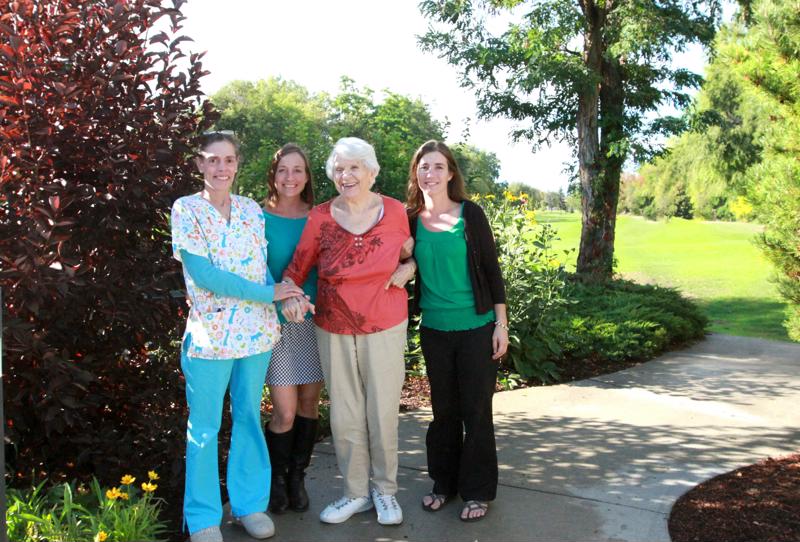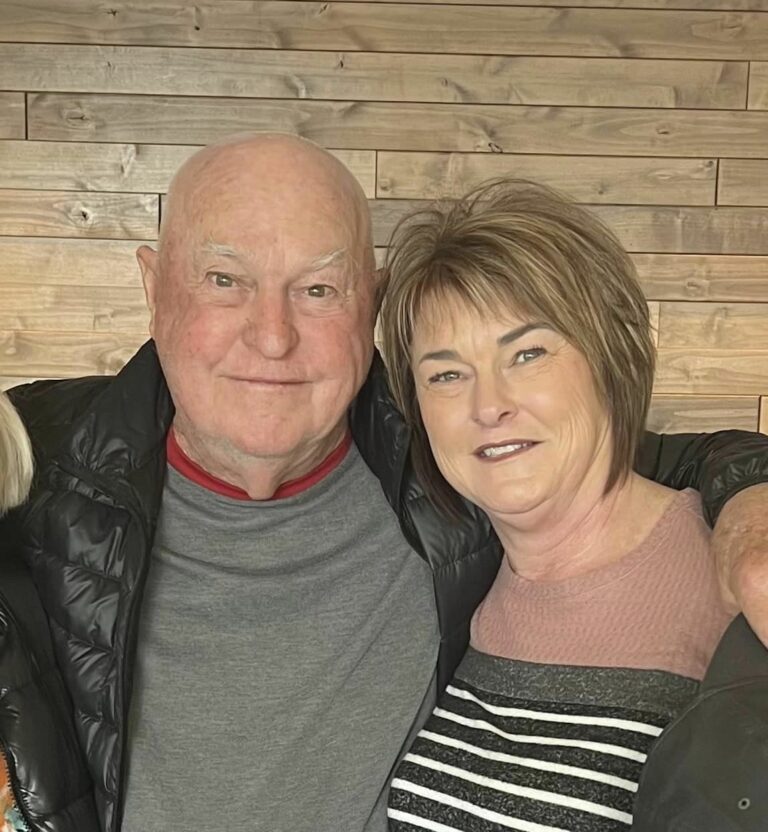
When a person is no longer able to make decisions for himself or herself, it’s important that someone is there to make them. This position is called power of attorney.
An individual with power of attorney can make medical decisions, handle the person’s estate, and more. Choosing this person while your senior loved one is of sound mind will help put them and the rest of the family at ease.
Find Senior Living Near Me
Here are some tips for helping someone designate power of attorney:
Choose Someone Responsible
A lot of information and paperwork can be involved in having power of attorney. This position includes addressing accounting and finances, making choices about medical issues should the person be unable to do so, and dealing with a will if the person passes away. This is a job for someone who is over 18 and has both common sense and compassion. Some choose to designate power of attorney to a family member with a medical background, such as a doctor or nurse. Knowing this person can make informed decisions if a medical emergency comes along is useful. Others look for someone they’re close to who is good with money. While it may be tempting for your loved one to give this task to their favorite child, if that person isn’t the most sensible, you may want to steer the senior toward someone else.
If you don’t know where to start or are having trouble helping the older individual decide, consider hosting a family meeting or hiring an elder attorney. These professionals can provide legal advice on who they would deem the best person for the job. They can also help solve disputes with relatives fighting for the position.
 A circle of advisers can help a senior and someone with power of attorney make essential decisions.
A circle of advisers can help a senior and someone with power of attorney make essential decisions.
Designate a Circle of Advisers
A common way to help the person with power of attorney make decisions is to create a circle of advisers. This group of caregivers, friends, and family can help the person make the necessary choices. They can also be helpful to you and your senior loved one if they are having trouble figuring out who should have this important responsibility. Consider adding a lawyer, physician, and even an accountant to this circle, along with people with whom the older person is close. This combination of personal and professional relationships may offer the best outcome when making medical and financial decisions on behalf of the senior.
When making this extensive choice, it can be difficult for your loved one to set aside personal feelings. Help them understand who offers the most sensible thought processes and may have life experiences that would apply to having power of attorney. This person is the best option, even though they may not be as close to the senior. Knowing someone responsible is in this position is much better than giving it to someone because their feelings might be hurt otherwise.




